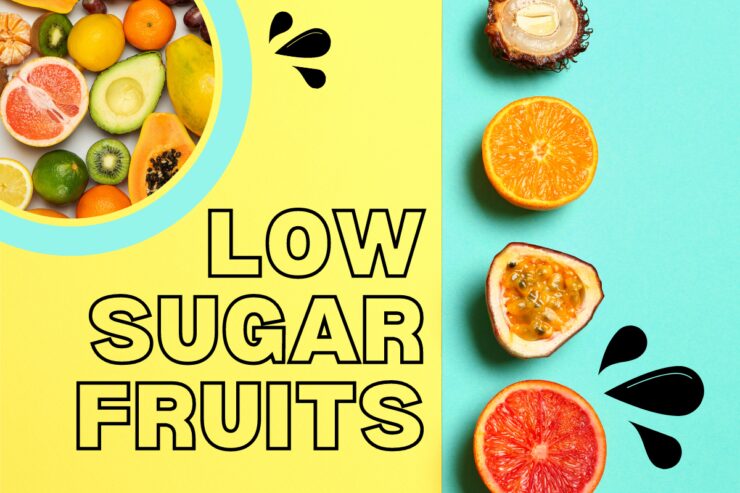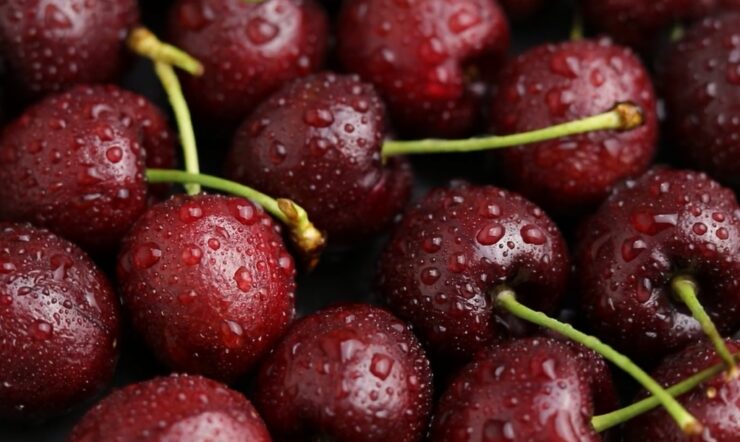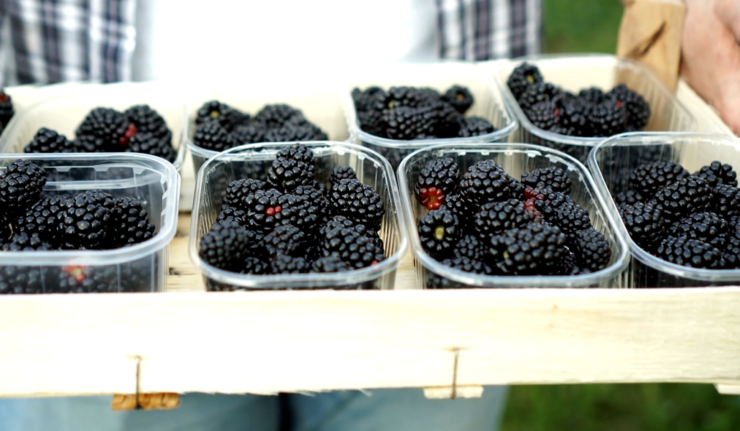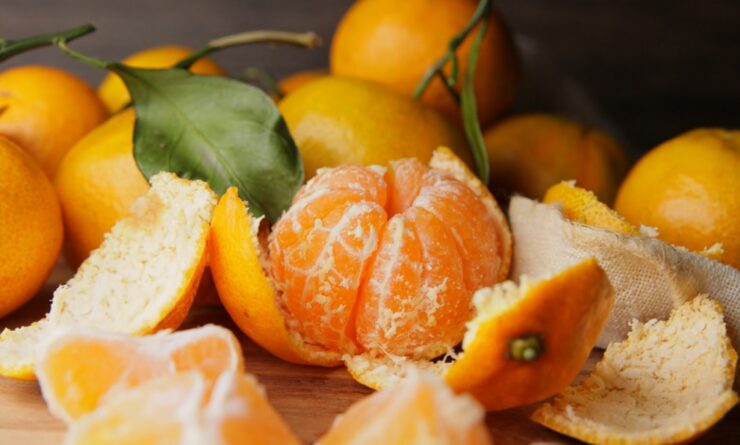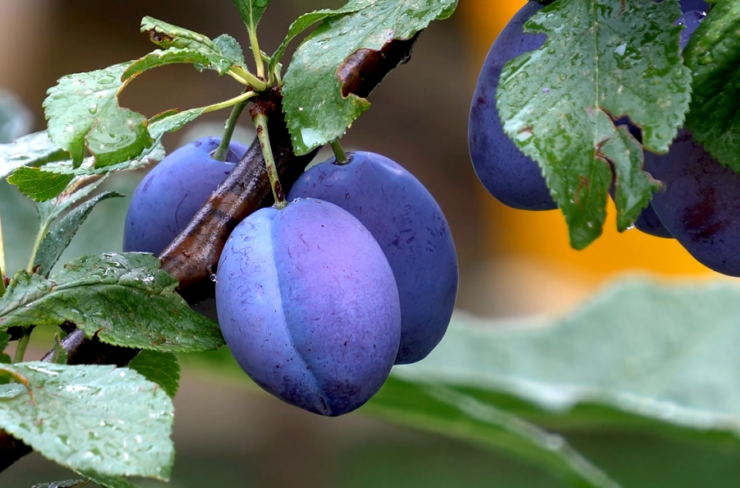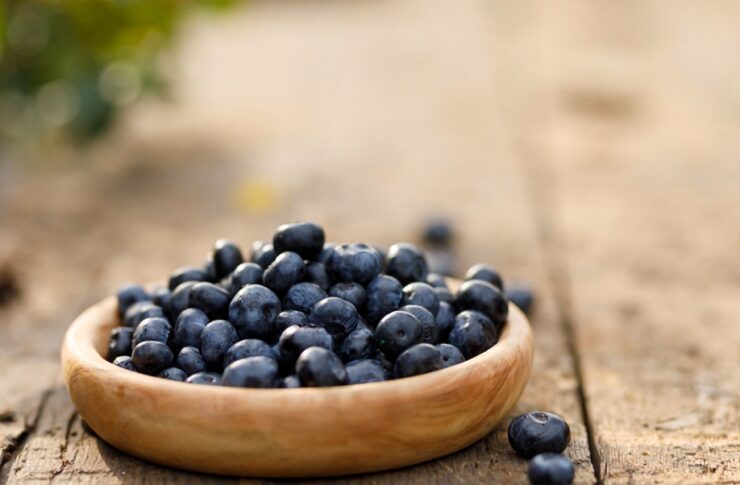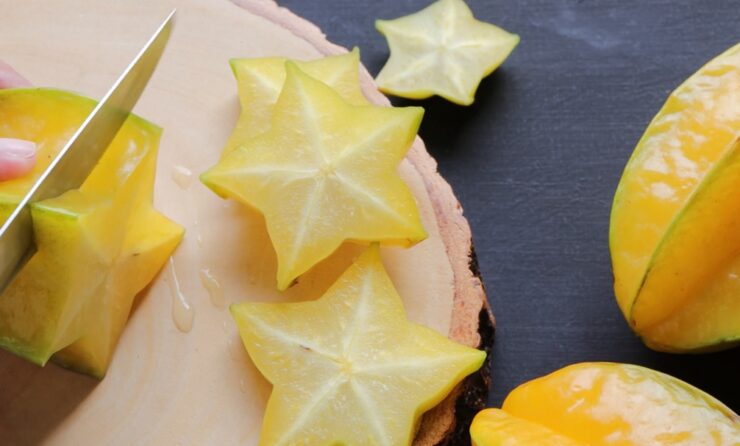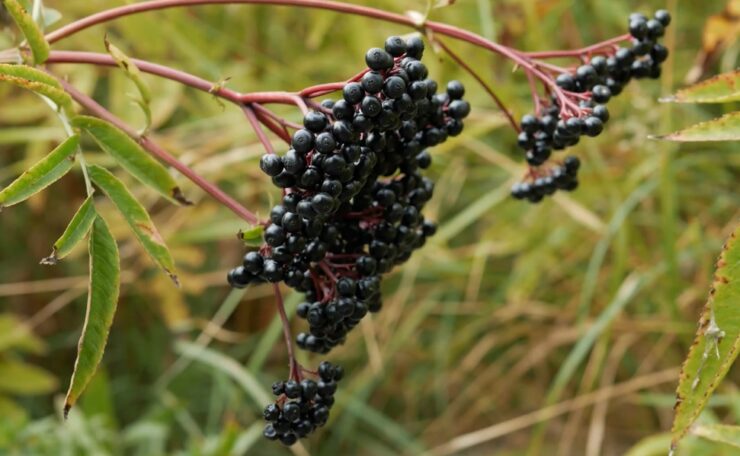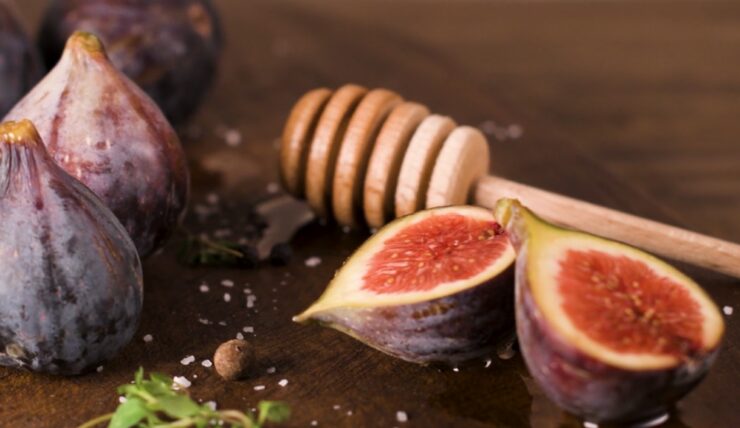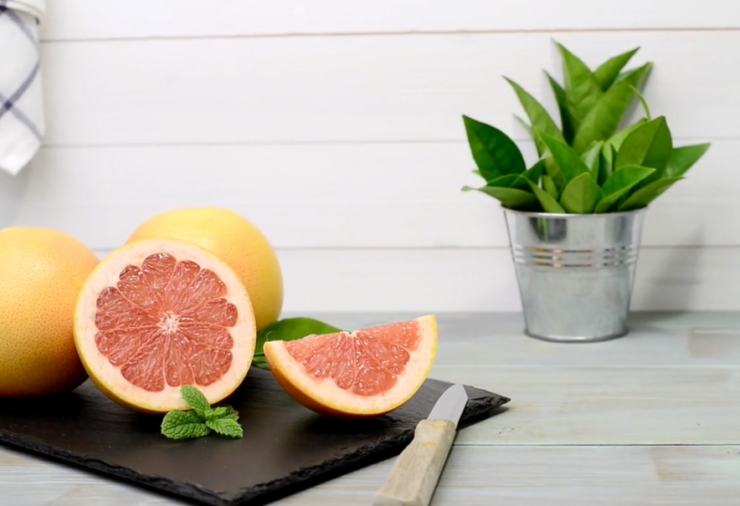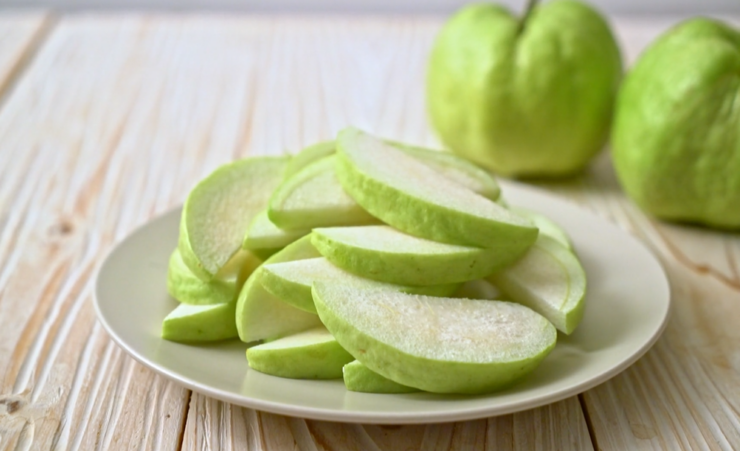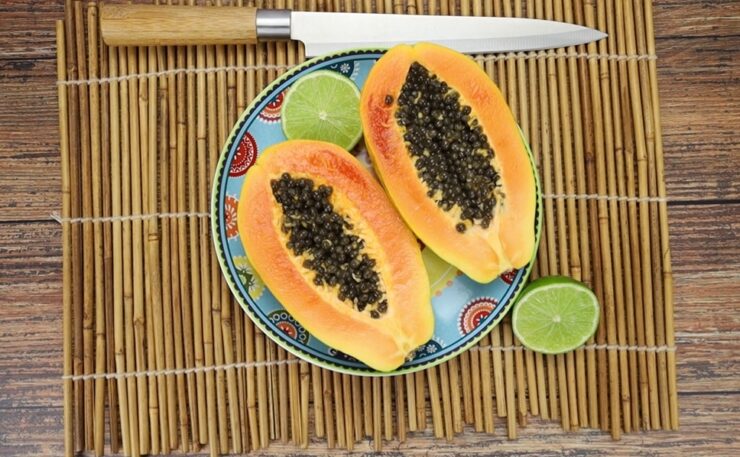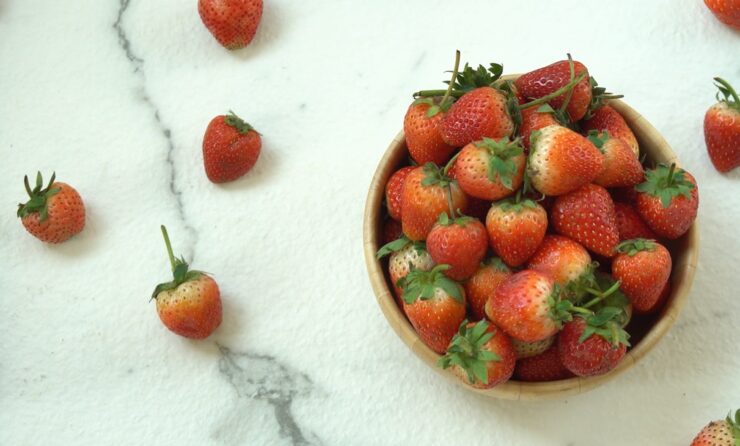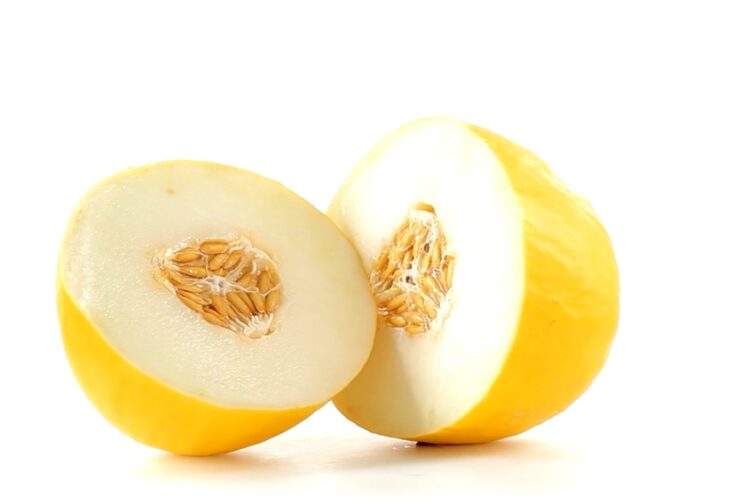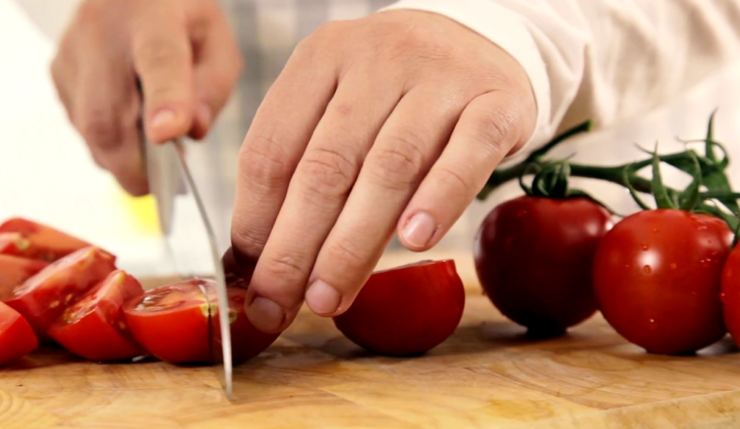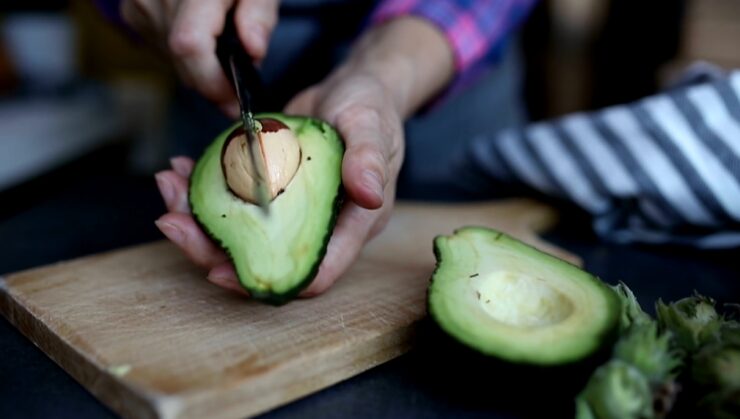If there is one thing nutritionists agree upon, it is that fruit is healthy. It is a great source of many important nutrients.
Fruit also contains a lot of vitamines, fiber, minerals, various antioxidants and plant compounds. Unfortunately some fruits also contains a lot of sugar (fructose). Overall would that not be a problem if you eat whole fruits. Because fruits as whole take time to digest and also to chew. This is why you’ll feel fuller quickly and your body can tolerate the small amounts of fructose more easilyf.
Contents
So when and why could it be dangerous?
Too much of anything is not good. That also counts for too much fruit. If you eat more than 4-5 cups of fruit per day, that could be dangerous. But take in mind that it also depends per person. Your total fruit intake should correspond to your fuel needs, which are based on your height, sex, age, ideal weight, and daily physical activity level. If you are as big and active as The Rock, you probably can eat some more.
So what is the danger of too much fructose?
While every cell in your body can use the glucose, only the liver can metabolise this fructose in small amounts. If you eat a diet that is both high in fructose and calories, your liver gets overloaded by fructose and turns the excess fructose into fat. Scientists believe that too much fructose consumption could be an important driver of many of serious diseases. These include diabetes, cancer, heart diseases and obesity.
As a vegan you probably eat lots of fruits, but you probably do not know how much sugar certain fruits contain. So better safe than sorry, you probably are better off eating fruit with relatively low amounts of sugar. And therefore we have ordered the 15 fruits with lowest amount of sugar of the planet!
The top 15 fruits with the lowest amount of sugar per 100 grams
15. Cherries – 8.1 grams of sugar
They’re fresh, beautiful, delicious and relatively low in sugar! Next to a lot of other benefits like vitamin C, antioxidants and anti-inflammatory compounds, cherries have some nice side effects. For example: They can promote healthy sleep. This is because cherries are one of the fewer food sources that contains melatonin. Melatonin is a hormone that helps control your sleep-wake cycles.
14. Blackberries – 8.1 grams of sugar
At Planthlete, we can’t get enough of the sweet and soft texture of blackberries. Next to the amazing taste and the relatively low amount of sugar, blackberries also contain a lot of other health benefits. To name a few: They strengthen your immune defense, they support the healthy functioning of the heart, they help to prevent cancer and they improve and maintain brain function!
13. Tangerine – 7.7 grams of sugar
Tangerine fruit trees are small in size, and the fruit has a bright orange color. It can easily be peeled as a whole and it is a fibrous fruit nutrient-wise. When ripe, tangerines are really tasty and sweet. They have a lot of antioxidants and vitamines.
12. Plum – 7.5 grams of sugar
Plums are convenient and easy to incorporate into your diet. Not only are they super tasty and low in sugar, they also may promote bone health and lower your blood sugar. You can eat them on their own or enjoy them in smoothies and salads.
11. Blueberries – 7.3 grams of sugar
Fresh blueberries are a popular summer treat, but they also can be purchased frozen. Therefore you can enjoy them all year round! Blueberries can help heart health, bone strength, skin health, blood pressure, diabetes management, cancer prevention, and mental health. A lot of benefits for such a small fruit. You can use blueberries easily in your daily diet by topping waffles, pancakes, yogurt, oatmeal or cereal.
10. Starfruit – 7.1 grams of sugar
Starfruit is less common in the United States, it is native to Asia! The entire fruit is edible, including the skin. The flesh is crunchy, firm, and incredibly juicy. It does not contain fibers and has a texture similar in consistency to that of grapes. Starfruit is really healthy.
9. Elderberries – 7 grams of sugar
Elderberry is one of the most commonly used medicinal plants in the world. A long time ago, the Native Americans used it to treat infections and the ancient Egyptians used it to improve their complexions and heal burns. Elderberries are packed with antioxidants and contain only 73 calories per 100 grams. Be careful though! Uncooked berries contain lectin and cyanide, which can cause nausea, vomiting and diarrhea. Be sure to cook the berries and seeds to remove the cyanide.
8. Figs – 6.9 grams of sugar
Figs have a lot of health benefits, they come from the presence of minerals, vitamins and fiber. The health benefits of figs include the fruits’ use in the treatment of sexual dysfunction, constipation, indigestion, piles, diabetes, cough, bronchitis, and asthma. Figs are also used as a quick and healthy way to gain weight after suffering from an illness.
7. Grapefruit – 6.2 grams of sugar
The pink and the white grapefruit both contains 6.2 grams of sugar per 100 gram. Grapefruit is a tropical citrus fruit with a sweet/ a bit sour taste. The fruit has a lot of health benefits, thanks to it’s antioxidants, fiber and vitamins, thus the grapefruit is one of the most healthy citrus fruits. Research says that the grapefruit can benefit weight loss and a lower risk of heart diseases.
6. Guava – 6 grams of sugar
Guava are not as common in the United States. This tropical fruit is native to Mexico and South-America. A guava is round or oval in shape with light green to light yellow skin, and the colour of its flesh can be white or pink to dark red with edible seeds. Besides its unique flavour, guava has been hailed as one of the super fruits due to all the health benefits it offers (Including the low amount of sugar).
5. Papaya – 5.9 grams of sugar
The papaya is a tropical fruit. It has been famous for centuries and was once called the “fruit of the angels” by Columbus. It’s incredibly healthy, it’s loaded with antioxidants that are able to reduce inflammation, fight disease and they help you looking young.
4. Strawberries – 5.8 grams of sugar
Who doesn’t love bright red strawberries with a beautiful green hat. Strawberries contain a low amount of sugar, only if you leave the whipped cream out :). A strawberry isn’t really a berry, it’s in the rose family. They are packed with fiber, vitamins, antioxidants as polyphenols. They are low-calorie, fat-free and sodium-free.
3. Casaba Melon – 4.7 grams of sugar
Casaba Melons are not widely known. But they are tasy and healthy! Casaba have a wrinkled shell, which is hard. The flesh is white tender with a juicy subtle sweetness. These melons are a good source of vitamin C, folate and B6. They also have minerals like choline, magnesium and potassium.
2. Tomato – 2.5 grams of sugar
Despite technically being a fruit, the tomato is generally categorized as a vegetable since it’s not as sweet as most fruits. Tomatoes are the major dietary source of the antioxidant lycopene, which has been linked to many health benefits, including reducing the risk of heart disease and cancer. They are also a great source of vitamin C, potassium, folate and vitamin K. They are usually red when mature, but can come in a variety of different colors, including green, yellow, orange and even purple.
1. Avocado – 0.9 grams of sugar
The absolute winner of this list, the avocado! Also known as an alligator pear or butter fruit, the avocado is the only fruit that provides amounts of monounsaturated fatty acids. Those fatty acids are super healthy. Avocados are a naturally nutrient-dense food and contain 20 vitamins and minerals. As well as the tomato, a lot of people don’t know that a avocado is a fruit, since it’s not really sweet. The potential health benefits include improving digestion, decreasing risk of depression, and protection against cancer.

